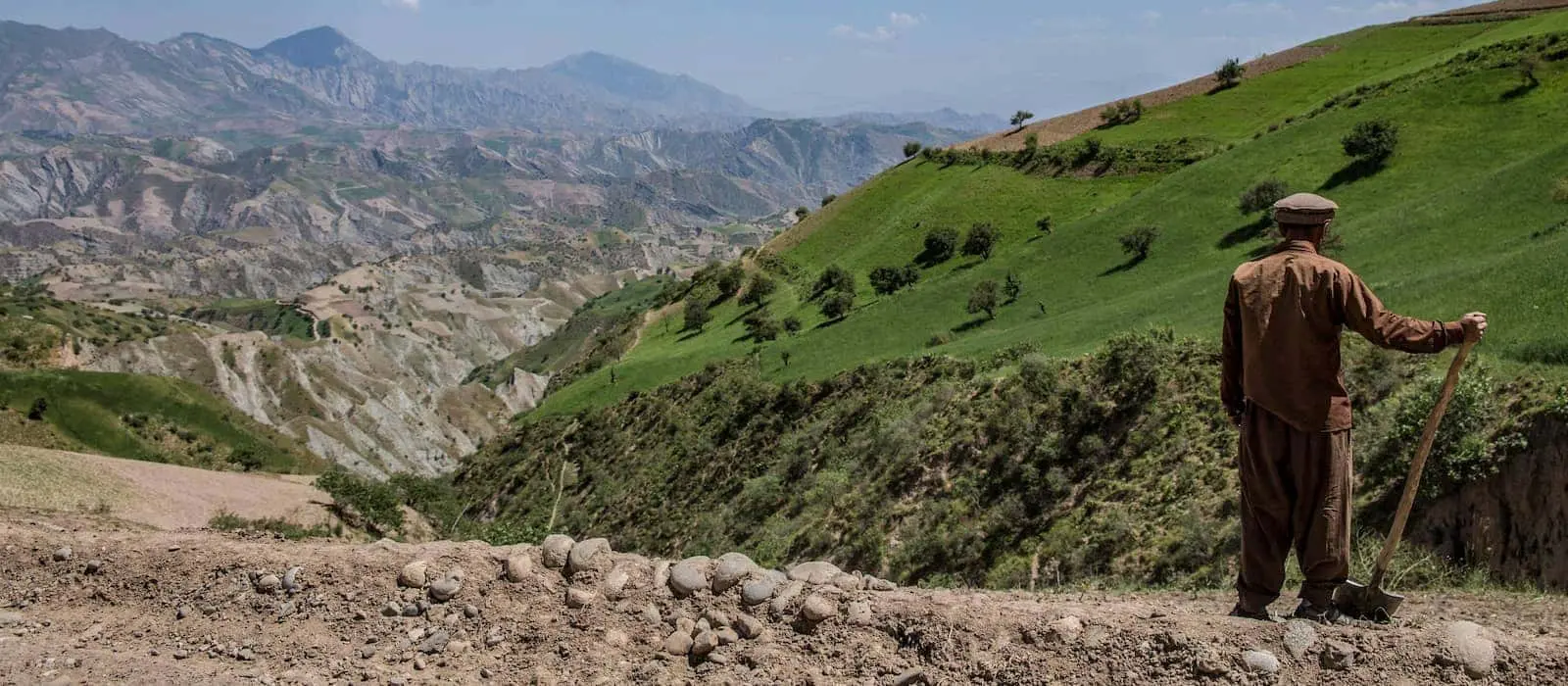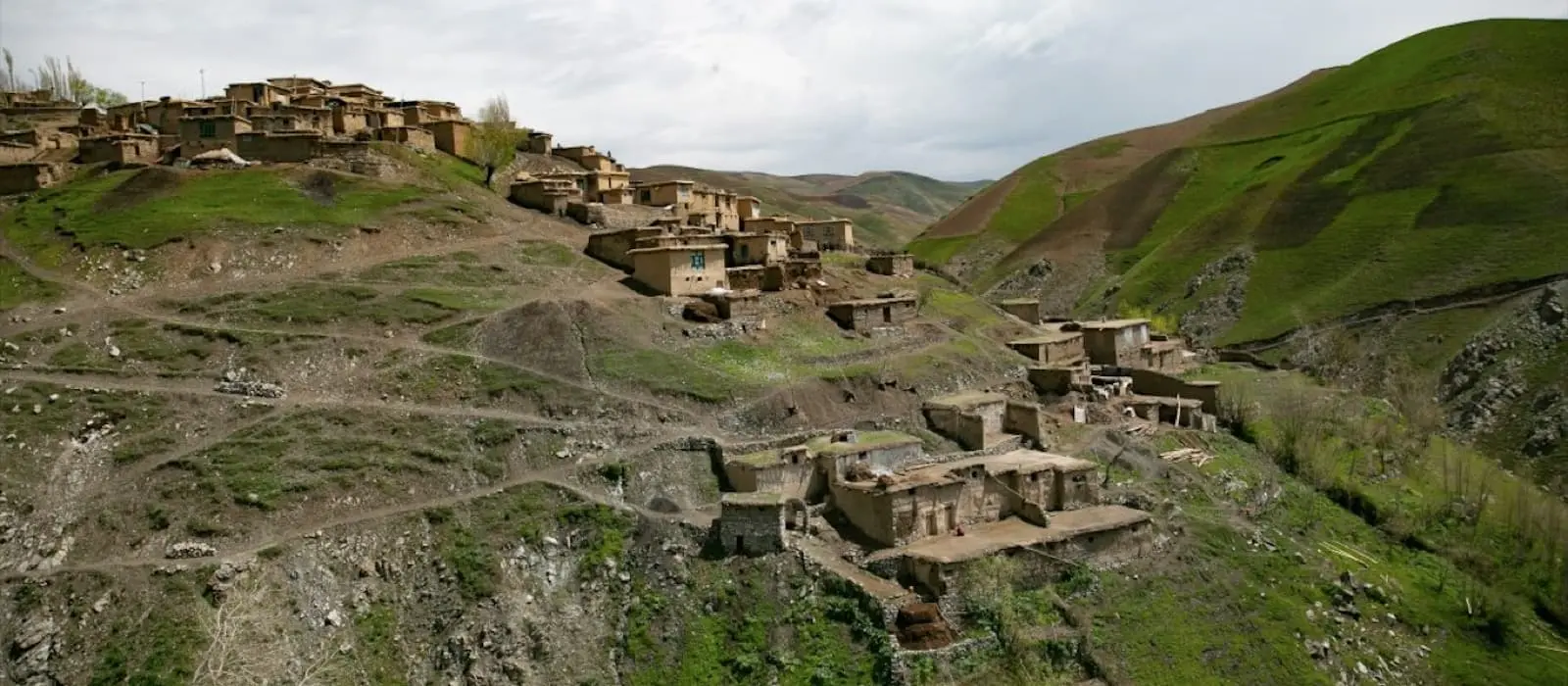
Concern's Statement on Afghanistan
Concern has worked in Afghanistan for 23 years, since responding to a major earthquake in 1998.
A central focus of Concern’s work has been to support communities to withstand the multiple and varied shocks caused by the on-going conflict, as well as the existing humanitarian crisis, a situation worsened by climate change and the COVID-19 pandemic.
Concern remains in the country and are committed to continuing our work with communities as the country goes through this extremely difficult period. We are currently assessing the impact of the renewed insecurity/political context on our programs and the populations that we have been working with.
Even before the dramatic/sudden change in the political and military context in the last few days, 18.4 million people were depending on humanitarian assistance. This number includes 3.1 million children who were/are at risk of acute malnutrition. Due to the ongoing instability and conflict, the number of civilian casualties and the numbers of newly displaced people continues to rise. The human toll of the conflict is immense, particularly for women and children.
Funding to meet the rising humanitarian needs is seriously inadequate. The original Humanitarian Response Plan (HRP) for the country is only 38% funded, leaving a shortfall in funding of $793 million. It is inevitable that funding estimates will need to be revised upward, as the scale of need becomes clearer. It is impossible for the humanitarian community to provide the most basic level of assistance without an urgent increase in flexible and unrestricted funding to meet the increasing needs in a complex and rapidly changing context.
The humanitarian situation and the wellbeing of the Afghan people must remain a priority for all parties to the conflict, and the wider donor and diplomatic community. We urge the international community to stand with the people of Afghanistan at this critical moment, in a spirit of solidarity.
Connect With Us
If you would like to speak to a member of our team about any aspect of our work, please get in touch with us using the details below.
- Contact Candance

Candance Patel-Taylor
Vice President of Communications


